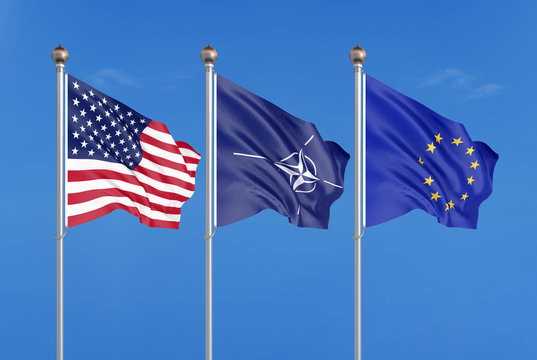
The German Defense Minister Annegret Kramp – Karrenbauer stated in mid-November of last year that “Without the nuclear and conventional capabilities of the United States (US), Germany and Europe cannot protect themselves. These are the sobering facts”[1]. The fact that she expressed this so clearly is another sobering fact. It is understood from this that Europe is not self-sufficient in the field of defense. This situation requires a different approach for the "European army" idea. Kramp – Karrenbauer emphasized that if the US military presence disappears, a military presence that can replace it needs to be mentioned. However, French President Emmanuel Macron does not agree with this view; he has made it clear that he supports a fully independent European defense strategy[2].
Apart from the indecision of Europe, the desire of the US to keep military existence in Europe alternates from president to president. Apart from the US, on 14 September 2016, former President of the European Commission Jean-Claude Juncker had stated that it would be a mistake for Europe to rely on the military power of others. The French military presence in Mali reveals the desire of the EU[3] to take part in the Sahel Region[4]. Of course, for this, Juncker also emphasized that the European defense industry needed to act in an innovative manner. It was for this reason that he put forward the idea of the European Defense Fund.
In the coming era, EU and US making decisions in support of each other will not be surprising from the viewpoint of Turkey. Since while the EU threatens to impose sanctions on Turkey, similarly, US’ pressure on Turkey through its Countering America's Adversaries Through Sanctions Act (CAATSA) sanctions is also an indicator for this. Countries to which sanctions are applied within the framework of CAATSA are Russia, Iran, China, and North Korea, which are not members of North Atlantic Treaty Organization (NATO). It is worth noting here that the NATO acts under the influence of the US and the EU. The EU’s decision at the EU summit declaration on 10 - 11 December to implement the sanctions against Turkey at the individual level can be considered as a positive development for Turkey. As is known, the EU, primarily France, has pursued the goal of restricting Turkey’s entire activities in the Eastern Mediterranean. Taking it even further, they have accused Turkey of failing to act in accordance with international law[5]. Especially France's opinion on this issue has not changed. France's European Affairs Minister Clement Beuaune has clearly demonstrated his opinion by stating that Turkey should be subjected to sanctions on the Eastern Mediterranean issue[6]. However, it was observed regarding the decisions taken that the EU went back to the decisions it took the at the Summit held in October 2020. As a result, the EU has given itself time until March of this year to take a more comprehensive decision. The problem here is the EU's lack of a concrete strategy regarding Turkey[7]. The most obvious indicator of this is that, currently, the EU does not even mention Turkey's candidate status[8]. It is not surprising that the EU has voiced that the US is an important partner, especially regarding the subject of the Eastern Mediterranean. Following Joe Biden becoming the President-elect of the US, the coordination between the US and the EU has drawn attention. The statements of the German Defense Minister Annegret Kramp - Karrenbauer at the beginning of the article make sense when the whole process is taken into consideration.
As will be remembered, on June 2020, NATO Secretary General Jens Stoltenberg had criticized the US for the US’ military withdrawal from Germany. Preserving the US’ presence in Germany is one of NATO's priorities. The presence of the US in Germany is also important for the EU’s security. Former US President Donald Trump's statement on the withdrawal of the US troops was not in line with NATO's interests[9]. Today, emphasizing the importance of the US for the EU is vital to remind the importance of cooperation in NATO, especially after Macron's statements trying to discredit NATO[10]. The US military presence in Germany has been going on since 1954. Another situation that is not new was that the French Parliament did not approve the European Defense Community (EDC) in 1954, which also supported NATO. Macron continues the same French attitude as it was 66 years ago by emphasizing a European Defense Strategy which will be formed independently of NATO and which does not include the US.
NATO is one of the architects of the EU's existence today. The raising of voices that deny NATO's presence within the EU will not affect NATO's influence and importance. NATO's presence also affects the decision-making stages in the EU. NATO carries the responsibility of preventing irreversible decisions by recalling the key role of states that have strategic importance such as Turkey.
*Photograph: https://stock.adobe.com/ee/search/images?k=nato+eu&asset_id=281753664
[1] “EU Still Needs US Military Protection, Germany Says”, EU Observer, November 18, 2020, https://euobserver.com/tickers/150111
[2] “Europe Still Needs US, NATO for security: German Defence Minister”, Reuters.com, November 17, 2020, https://www.reuters.com/article/us-usa-election-eu-defence-anne-idUSKBN27X13J
[3] “Savunma Eylem Planı: Avrupa Savunma Fonuna Doğru”, Avrupa Birliği Türkiye Delegasyonu, 1 Aralık 2016, https://www.avrupa.info.tr/tr/news/avrupa-savunma-eylem-plani-avrupa-savunma-fonuna-dogru-4443
[4] France, which initiated Operation Serval on 11 January 2013 against the political instability and groups connected to Al Qaeda in Mali, aided in the recapturing of the Mali government’s Northern lands (including the cities of Timbuktu and Gao) from radical Islamist insurgents. However, the increasing number of conflicts in the Sahel region (Senegal, Mauritania, Mali, Burkina Faso, Niger, Nigeria, Chad, Sudan, Eritrea) have led to the deepening of the deadlock. There are between 4 and 5 thousand French soldiers situated in this region. Due to the United Nations (UN) peace-keeping troops of around 10 thousand not being able to establish control in the region, the French military has been situated in the region (Alaattin Doğru, “Fransa’nın Afrika’daki Askeri Varlığı: Sahel Etabı”, Anadolu Ajansı, 10 April 2019, https://www.aa.com.tr/tr/dunya/fransanin-afrikadaki-askeri-varligi-sahel-etabi/1447611).
[5] Hazel Çağan Elbir, “AB’nin Dikkat Etmesi Gereken Bir Gerçek: Doğu Akdeniz’de Türkiye de Var”, AVİM.org.tr, 24 January 2020, https://avim.org.tr/tr/Yorum/AB-NIN-DIKKAT-ETMESI-GEREKEN-BIR-GERCEK-DOGU-AKDENIZ-DE-TURKIYE-DE-VAR
[6] “AB Zirvesinde Türkiye ve Doğu Akdeniz ile İlgili Hangi Kararlar Alındı?”, BBC.com, 11 December 2020, https://www.bbc.com/turkce/haberler-dunya-55269631
[7] “Prof. Triantaphyllou: "Oyun kuralları değişecek", Deutsche Welle, 12 December 2020, https://www.dw.com/tr/prof-triantaphyllou-oyun-kuralları-değişecek/a-55910889
[8] Selim Yenel, “The European Union’s Sanctions Policy Towards Turkey Goes Bust”, Global Relations Forum (GFR), 14 December 2020, http://www.gif.org.tr/files/EUSanctions.pdf
[9] “Stoltenberg: Almanya’nın Liderliğine Daha Fazla İhtiyaç Var”, Deutsche Welle, 23 June 2020, https://www.dw.com/tr/stoltenberg-almanyanın-liderliğine-daha-fazla-ihtiyaç-var/a-53918905
[10] “Europe Still Needs U.S., NATO for Security: Germany Defence Minister”, Reuters, 17 November 2020, https://www.reuters.com/article/us-usa-election-eu-defence-anne-idUSKBN27X13J
© 2009-2025 Center for Eurasian Studies (AVİM) All Rights Reserved
No comments yet.
-
 APRIL 24 AND THE IGNORED FIRST WORLD WAR
APRIL 24 AND THE IGNORED FIRST WORLD WAR
Hazel ÇAĞAN ELBİR 30.04.2024 -
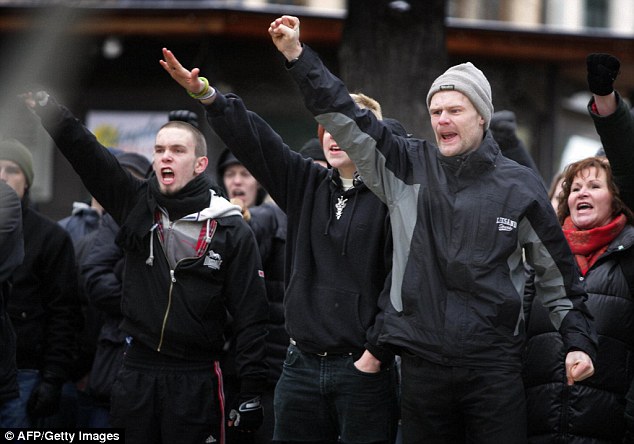 NEO – NAZISM IS GAINING STRENGTH IN THE NORDIC COUNTRIES
NEO – NAZISM IS GAINING STRENGTH IN THE NORDIC COUNTRIES
Hazel ÇAĞAN ELBİR 20.09.2018 -
 THE DECISION TO RELEASE SASSOUNIAN
THE DECISION TO RELEASE SASSOUNIAN
Hazel ÇAĞAN ELBİR 16.03.2021 -
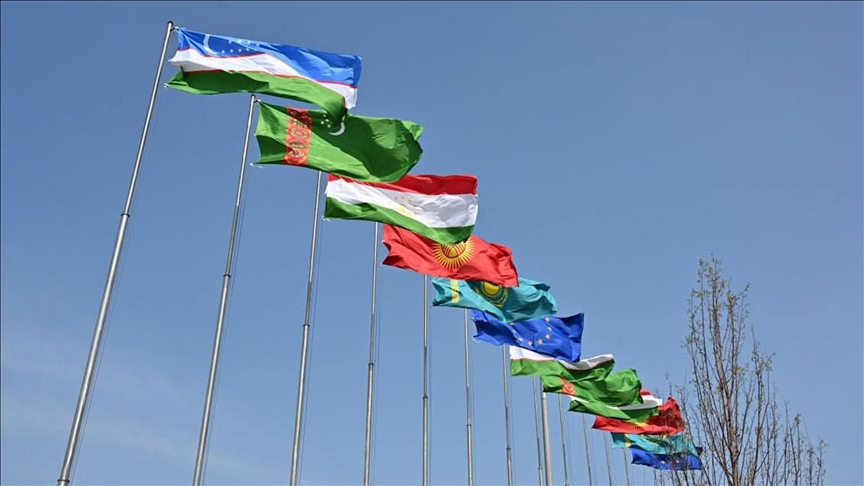 REFLECTIONS ON THE EU – CENTRAL ASIA SUMMIT
REFLECTIONS ON THE EU – CENTRAL ASIA SUMMIT
Hazel ÇAĞAN ELBİR 14.04.2025 -
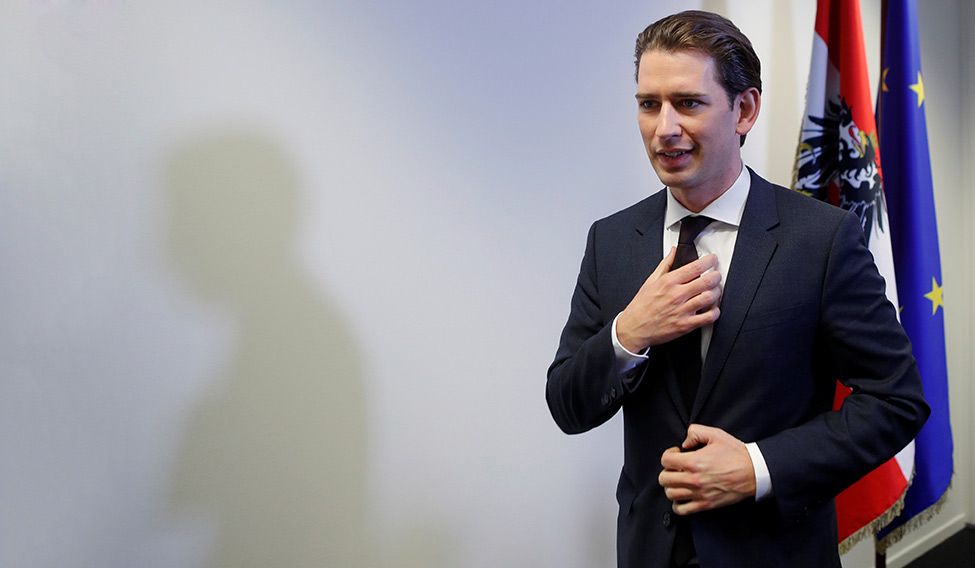 EUROPE’S CHALLENGE WITH THE FAR-RIGHT: AUSTRIA
EUROPE’S CHALLENGE WITH THE FAR-RIGHT: AUSTRIA
Hazel ÇAĞAN ELBİR 25.12.2017
-
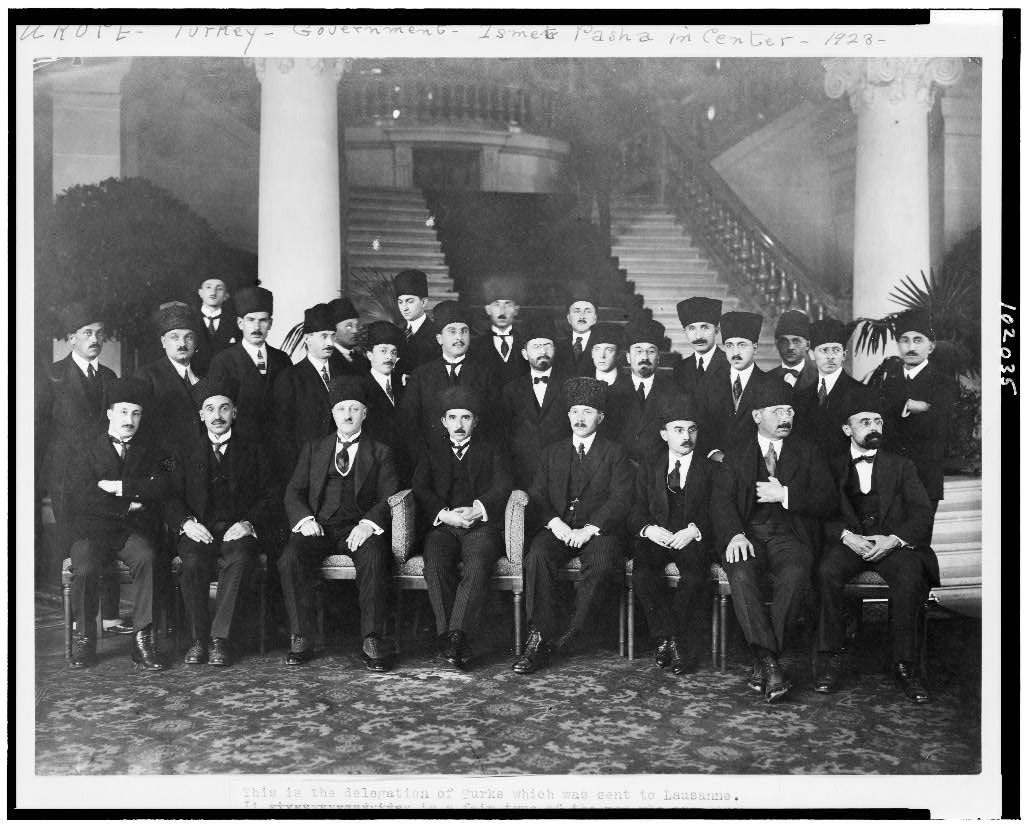 PEACE TREATY OF LAUSANNE AND THE END TO ARMENIAN ASPIRATIONS
PEACE TREATY OF LAUSANNE AND THE END TO ARMENIAN ASPIRATIONS
Teoman Ertuğrul TULUN 22.07.2016 -
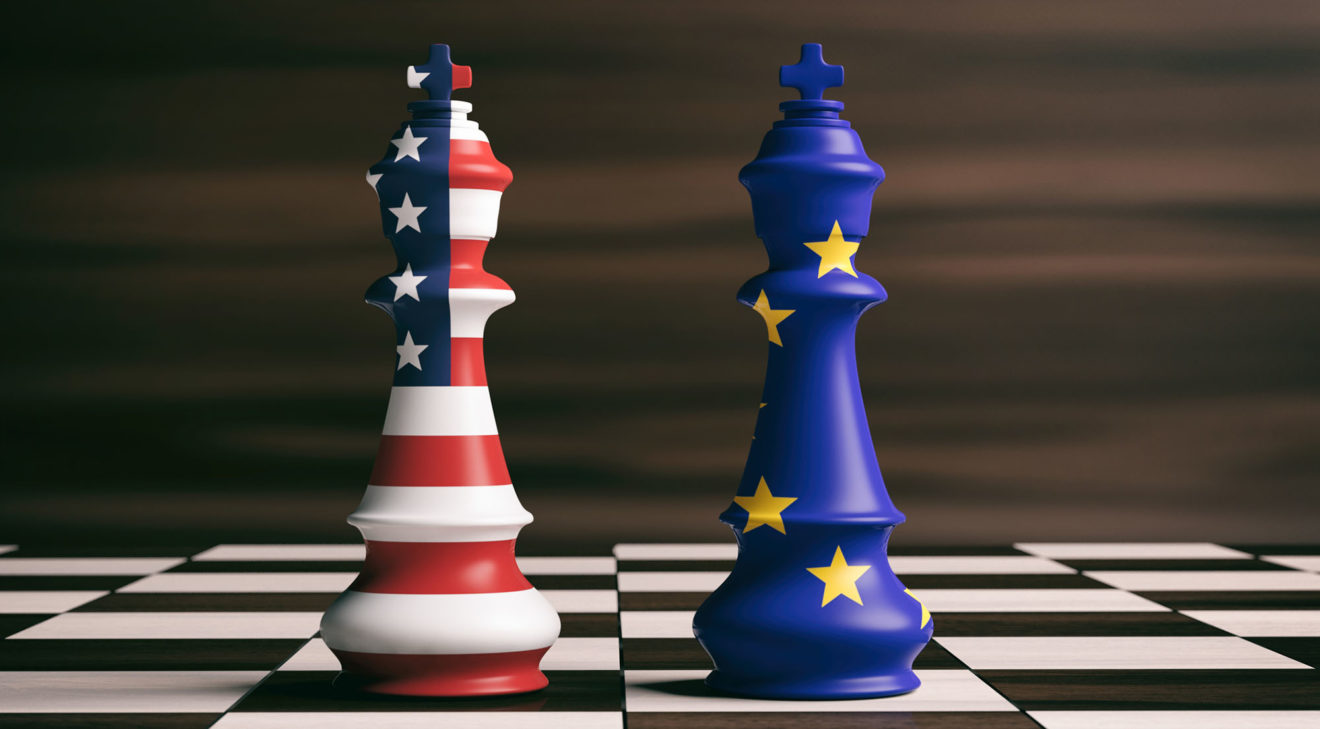 THE IMPACT OF THE US 2020 PRESIDENTIAL ELECTION ON THE EU
THE IMPACT OF THE US 2020 PRESIDENTIAL ELECTION ON THE EU
Hazel ÇAĞAN ELBİR 18.11.2020 -
 THE SPANISH LEGISLATION ON GENOCIDE DENIAL: DEBATES AND THE CURRENT LEGAL SITUATION
THE SPANISH LEGISLATION ON GENOCIDE DENIAL: DEBATES AND THE CURRENT LEGAL SITUATION
Miguel MORENO - Turgut Kerem TUNCEL 04.05.2015 -
 THE KARABAKH CONFLICT AND THE LAWFARE OF ARMENIA: ARMENIA’S CAMPAIGN FOR REMEDIAL SECESSION (I)
THE KARABAKH CONFLICT AND THE LAWFARE OF ARMENIA: ARMENIA’S CAMPAIGN FOR REMEDIAL SECESSION (I)
Turgut Kerem TUNCEL 27.10.2020 -
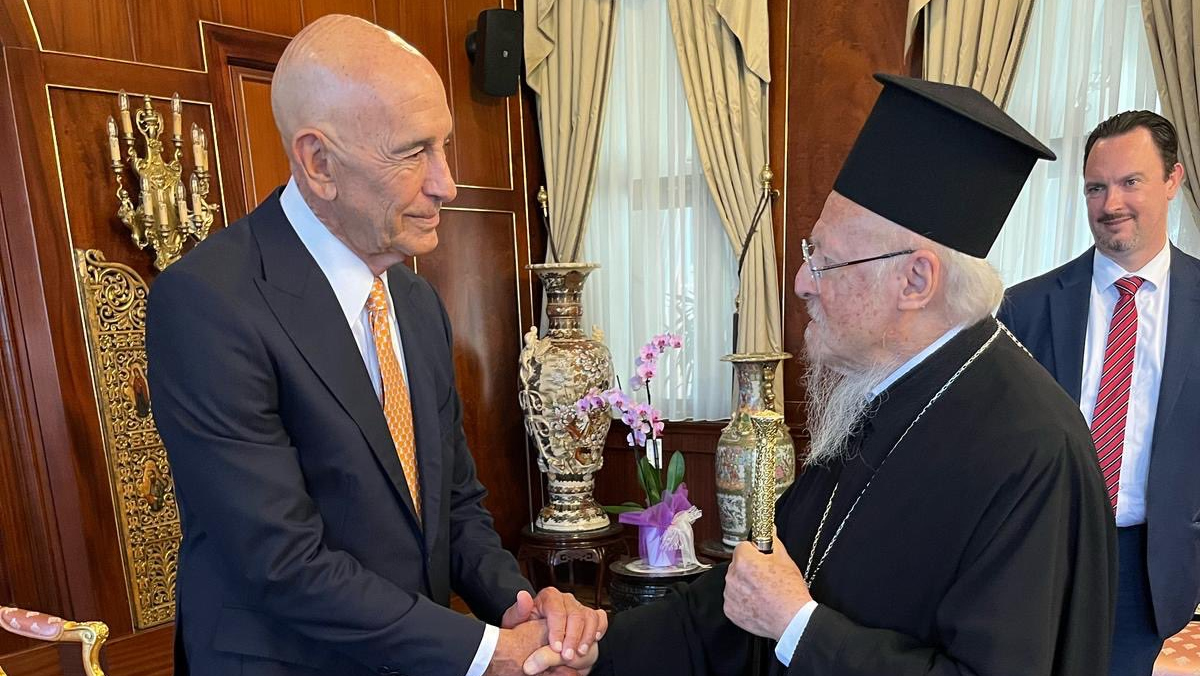 THE HARMFUL EFFECTS OF THE POLITICIZATION OF THE FENER GREEK PATRIARCHATE
THE HARMFUL EFFECTS OF THE POLITICIZATION OF THE FENER GREEK PATRIARCHATE
Mehmet Oğuzhan TULUN 03.09.2025
-
25.01.2016
THE ARMENIAN QUESTION - BASIC KNOWLEDGE AND DOCUMENTATION -
12.06.2024
THE TRUTH WILL OUT -
27.03.2023
RADİKAL ERMENİ UNSURLARCA GERÇEKLEŞTİRİLEN MEZALİMLER VE VANDALİZM -
17.03.2023
PATRIOTISM PERVERTED -
23.02.2023
MEN ARE LIKE THAT -
03.02.2023
BAKÜ-TİFLİS-CEYHAN BORU HATTININ YAŞANAN TARİHİ -
16.12.2022
INTERNATIONAL SCHOLARS ON THE EVENTS OF 1915 -
07.12.2022
FAKE PHOTOS AND THE ARMENIAN PROPAGANDA -
07.12.2022
ERMENİ PROPAGANDASI VE SAHTE RESİMLER -
01.01.2022
A Letter From Japan - Strategically Mum: The Silence of the Armenians -
01.01.2022
Japonya'dan Bir Mektup - Stratejik Suskunluk: Ermenilerin Sessizliği -
03.06.2020
Anastas Mikoyan: Confessions of an Armenian Bolshevik -
08.04.2020
Sovyet Sonrası Ukrayna’da Devlet, Toplum ve Siyaset - Değişen Dinamikler, Dönüşen Kimlikler -
12.06.2018
Ermeni Sorunuyla İlgili İngiliz Belgeleri (1912-1923) - British Documents on Armenian Question (1912-1923) -
02.12.2016
Turkish-Russian Academics: A Historical Study on the Caucasus -
01.07.2016
Gürcistan'daki Müslüman Topluluklar: Azınlık Hakları, Kimlik, Siyaset -
10.03.2016
Armenian Diaspora: Diaspora, State and the Imagination of the Republic of Armenia -
24.01.2016
ERMENİ SORUNU - TEMEL BİLGİ VE BELGELER (2. BASKI)
-
AVİM Conference Hall 24.01.2023
CONFERENCE TITLED “HUNGARY’S PERSPECTIVES ON THE TURKIC WORLD"









